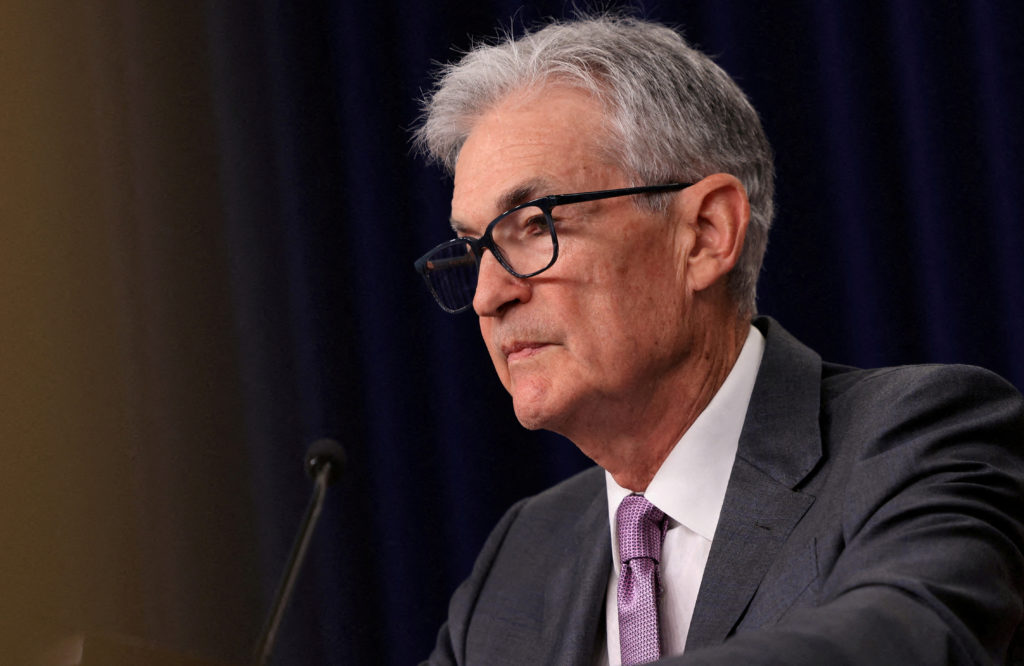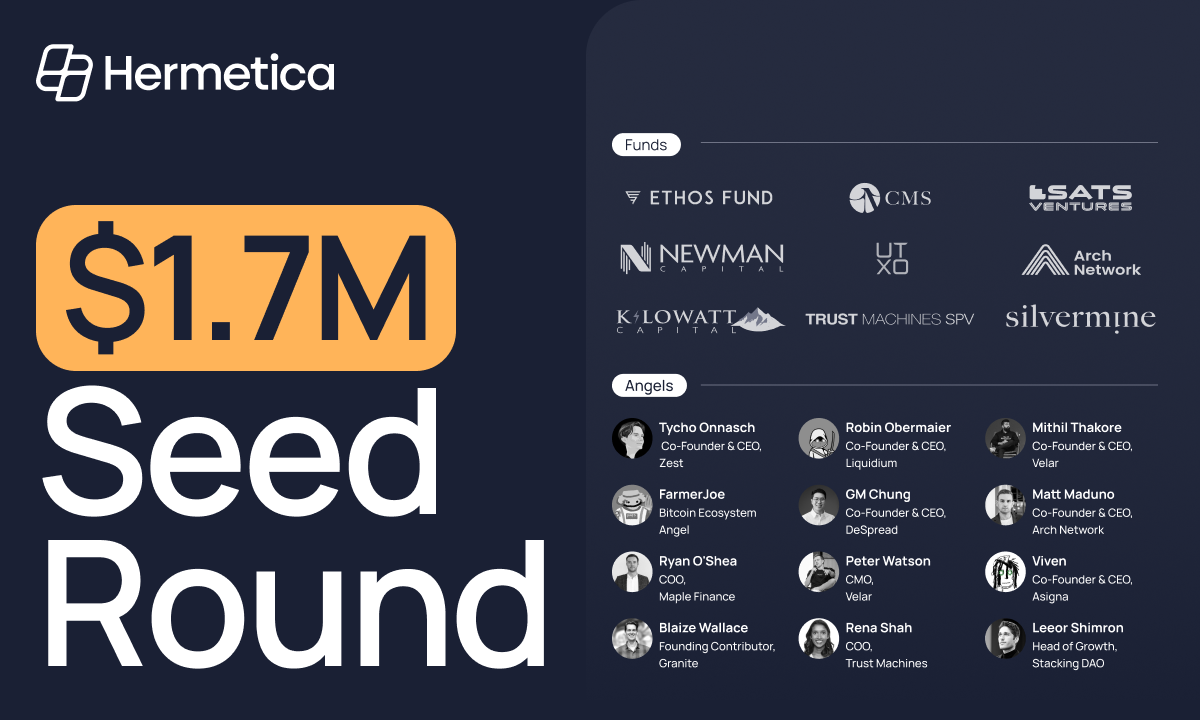Recently, Nigeria announced adopting a national blockchain policy, showcasing its leadership in adopting blockchain technology and cryptocurrency usage in Africa. The country has embraced these innovative technologies, and the new policy further solidifies its commitment to their growth and development.
Nigeria’s adoption of a national blockchain policy showcases its leadership in embracing innovative technologies like blockchain and cryptocurrency and highlights its commitment to transitioning to a digital economy. This move reflects Nigeria’s determination to leverage the benefits of technology to drive economic growth and development for its people.
According to a tweet, the Federal Ministry of Communications and Digital Economy developed the national blockchain policy.
The Nigerian government’s crackdown on cryptocurrencies in 2021, which occurred despite the country’s emergence as a rapidly growing hub for blockchain technology, was not mentioned in this recent tweet.
The Nigerian Investment and Trade Development Agency (NITDA), the Central Bank of Nigeria (CBN), the National Universities Commission (NUC), the Securities and Exchange Commission (SEC), and the Nigerian Communications Commission (NCC) have been ordered by the Federal Executive Council to draft laws that will facilitate the widespread adoption of blockchain technology across all sectors of the economy.
The regulatory bodies have been directed to take the necessary steps toward making blockchain technology accessible to businesses and industries in Nigeria. This move aims to promote the growth and development of the country’s economy through innovative technology solutions.
The government has urged both federal institutions and private sectors to improve the adaptability of the blockchain sector to facilitate the widespread use of this technology across various fields.
Previously, it was reported that the Nigerian Securities and Exchange Commission (SEC) contemplated permitting licensed digital asset exchanges to offer tokenized coin offerings backed by equity, debt, or property. However, it was made clear that such offerings would not include cryptocurrencies.





